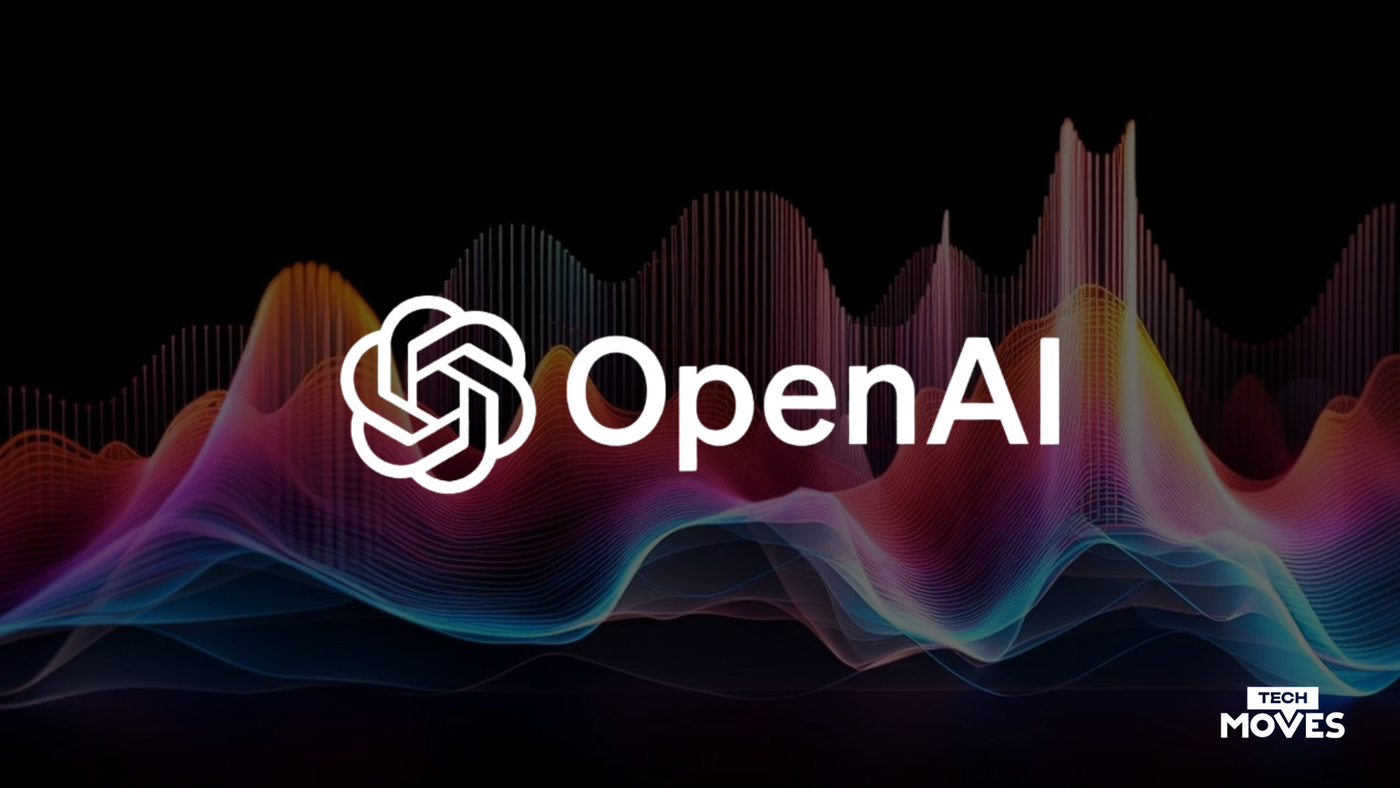OpenAI, renowned for creating ChatGPT, is branching out into the voice assistant realm with its latest innovation, Voice Engine. This cutting-edge technology boasts the ability to clone a person's voice from a mere 15-second audio clip. Despite its groundbreaking capabilities, OpenAI has chosen not to release Voice Engine to the public immediately, citing significant safety concerns associated with its potential misuse.
This cautious approach comes in the wake of OpenAI's trademark application for "Voice Engine," signaling the company's foray into voice replication technology. The decision to limit the technology's availability underscores OpenAI's commitment to ethical considerations, especially in light of the potential for voice cloning to be used in deceptive practices, such as unauthorized impersonation or misleading communications.
The risks associated with voice cloning are not hypothetical. For instance, in New Hampshire, authorities are probing a series of robocalls to voters that featured an AI-generated voice imitation of President Joe Biden. This incident highlights the potential for voice-cloning technology to be exploited for malicious purposes, particularly in sensitive contexts like elections.
OpenAI's unveiling of Voice Engine coincides with a broader trend of companies developing voice-cloning solutions, though access to these technologies varies, with some targeting the public and others catering to specific sectors like entertainment. Recognizing the ethical implications, OpenAI requires early testers of Voice Engine to adhere to strict guidelines, such as obtaining consent for impersonation and disclosing the AI-generated nature of the voices.
This initiative mirrors OpenAI's cautious release strategy for its other projects, like the image-generator DALL-E and the yet-to-be-broadly-released video-generator Sora. By gradually introducing Voice Engine to a controlled group of testers under stringent conditions, OpenAI aims to balance innovation with responsibility, ensuring that advancements in AI serve the public good while mitigating potential harm.
The strategic move into voice technology, as indicated by the March 19 trademark application, positions OpenAI to potentially rival established voice assistant services like Amazon's Alexa. Enhancing speech recognition and digital voice assistant capabilities could pave the way for OpenAI to become a significant player in the voice technology landscape, expanding its influence beyond text-based AI applications to a more interactive and personal form of digital interaction. This evolution reflects OpenAI's broader ambitions to shape the future of AI, prioritizing ethical considerations as it explores new frontiers in technology.














